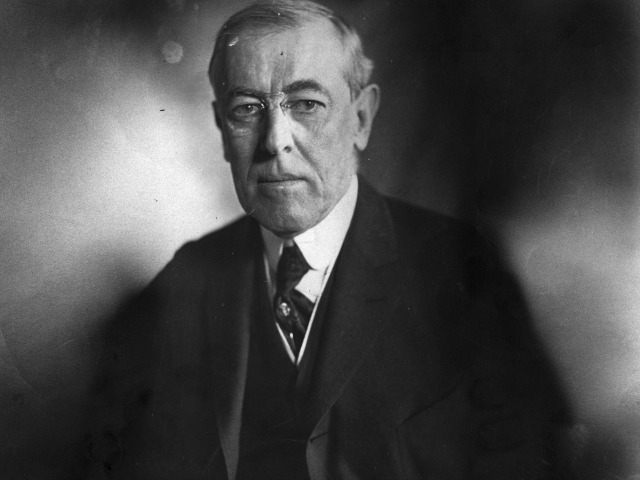The Board of Trustees at Princeton University decided not to rename the Woodrow Wilson School of Public and International Affairs after significant pressure from student activists to remove President Wilson’s name from the school due to Wilson’s segregationist views.
Princeton’s trustee committee claimed that the university “needs to be honest and forthcoming about its history,” and the board called for significant expansion to school’s commitment to diversity and inclusion. Plans to diversify include introducing a new program that aims to attract more minority students to the school’s doctoral programs.
Before Woodrow Wilson served as president of the United States, he served as the president of Princeton University from 1902 to 1910. During Wilson’s time at Princeton, he oversaw the development of a core curriculum and introduced academic departments. Wilson also instituted one of the first Christian studies departments and appointed the first Jewish and Roman Catholic members to the faculty, which moved the University away from an exclusively conservative Presbyterian staff.
Despite Wilson’s legacy at Princeton, there has been significant student unrest over the use of his name. Princeton’s School of Public and International Affairs was established in 1930 and renamed to honor Wilson in 1948. Over the past 68 years, there have been no acts of discrimination blamed upon or inspired by the school’s name.
In place of removing the name, a new exhibit has opened on Princeton’s campus that explores Wilson’s controversial legacy (a virtual version of the exhibit can be viewed here). Administrators claim that they are seeking to make clear to students that Wilson was flawed.
Although students at Princeton have conducted sit-ins and protests over the use of Wilson’s name, historian Brian Balogh said he was in favor of not making any changes: “The main reason I support keeping it there is not about Woodrow Wilson. It’s about the almost hundred years of history since Woodrow Wilson that people didn’t have a problem with it. And what that says to me is that America is becoming more racially sensitive, and that’s a good thing. The negative formulation of that is nobody thought about this for a hundred years. What does that tell you about America?”
Tom Ciccotta writes about Free Speech and Intellectual Diversity for Breitbart. You can follow him on Twitter @tciccotta or on Facebook. You can email him at tciccotta@breitbart.com

COMMENTS
Please let us know if you're having issues with commenting.